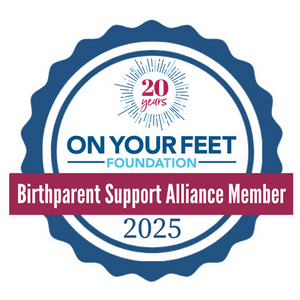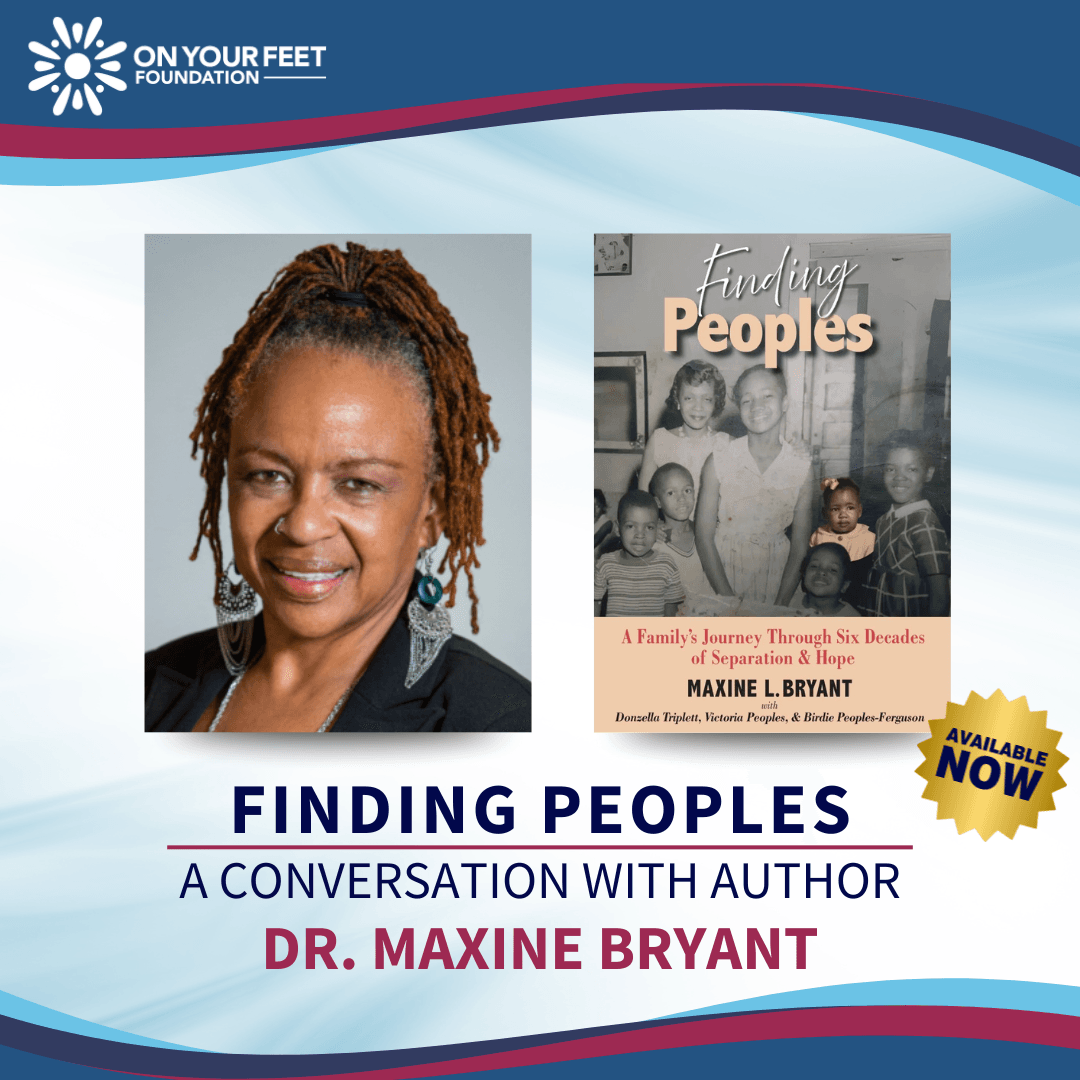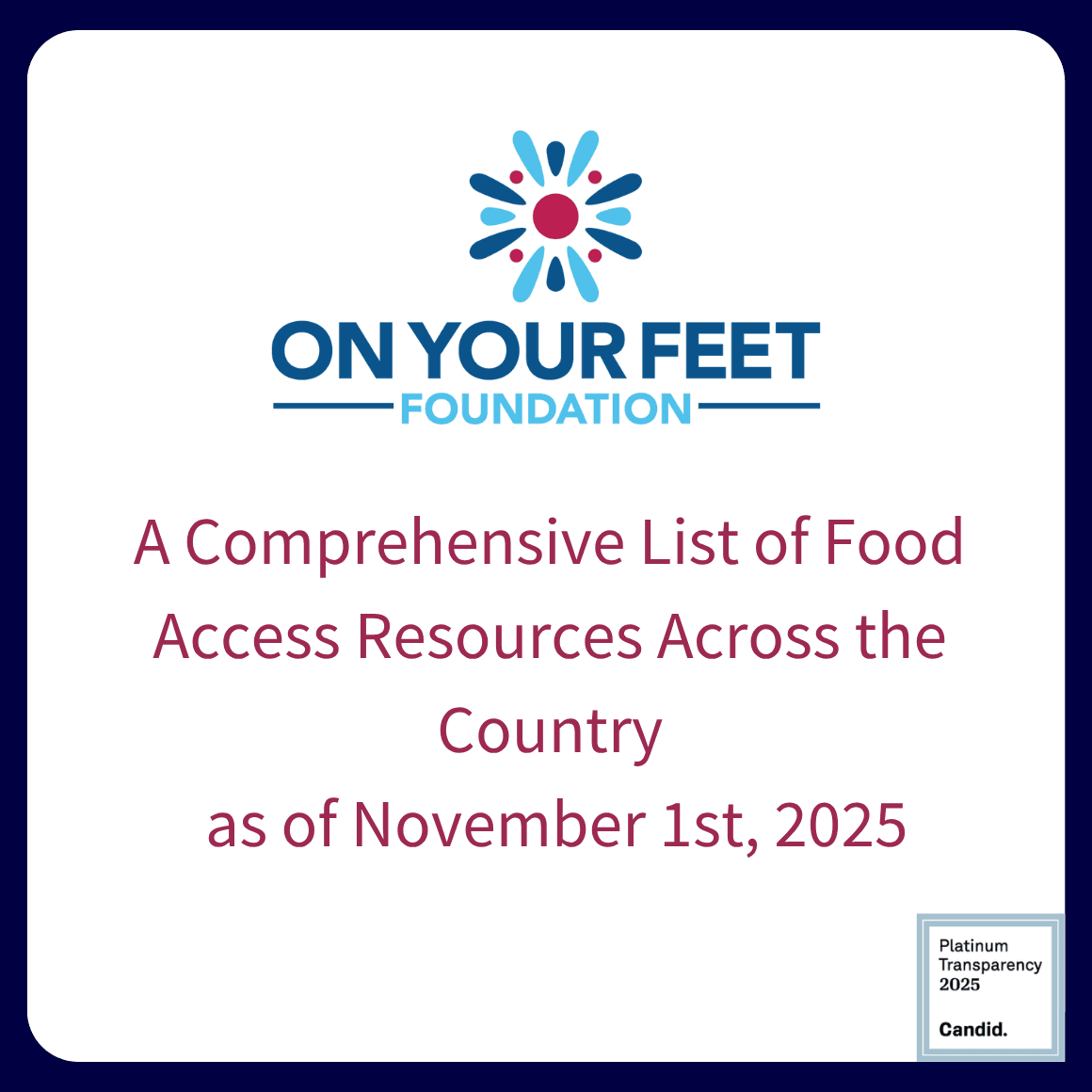Twenty-four years ago, our founders recognized the importance of post-placement care for birthparents. Today we recognize that adoption is both a human rights and reproductive rights issue, and as such, On Your Feet Foundation has become the leader in comprehensive post-placement support for birthparents, a demographic that has historically been under-served within the adoption community. We do this through case management, access to adoption-competent therapy, therapeutic retreats, education and counseling grants, adoption education and community-building. Learn more and find support.
-
Retreats held since 2005
61
-
Grants Awarded Since 2015
183
-
Dollars Awarded since 2015
$72454
-
Birthparents Accessing Services since 2015
1000
-
Birthparent Support Alliance is a membership offered to adoption professionals committed to best practices in post-placement care. This opportunity benefits agencies, their adoptive families and birthparents by providing access to our comprehensive suite of programs.
-
Visit our blog to learn more about what we do, find resources and get involved.
Find out more.
Visit our Blog
The month of February reminds us to seek out stories and histories, and recognize the significance of black history. Take these ideas to heart and practice them as you honor Black History Month.
We sit down with Activism in Adoption speaker Dr. Maxine Bryant, to talk about her new book, Finding Peoples, A Family’s Journey Through Six Decades of Separation and Hope, which she wrote with her biological siblings. This book offers a unique and intimate look at adoption from dual perspectives: Maxine's story, as an adopted person, and the stories of her biological siblings, who watched her go. It is incredibly rare to hear an adoption story told by both biological family and adoptee, and those voices together make for a powerful and memorable read.
We put together a comprehensive, state-by-state resource list for anyone currently struggling with food insecurity. Please use this if you need it, and send the link to anyone you know who may be struggling right now and in need of help.
Thank you for recognizing the importance of post-placement support:
-
 The Arlene Garcia & Patrice Campbell Education Fund
The Arlene Garcia & Patrice Campbell Education Fund

















